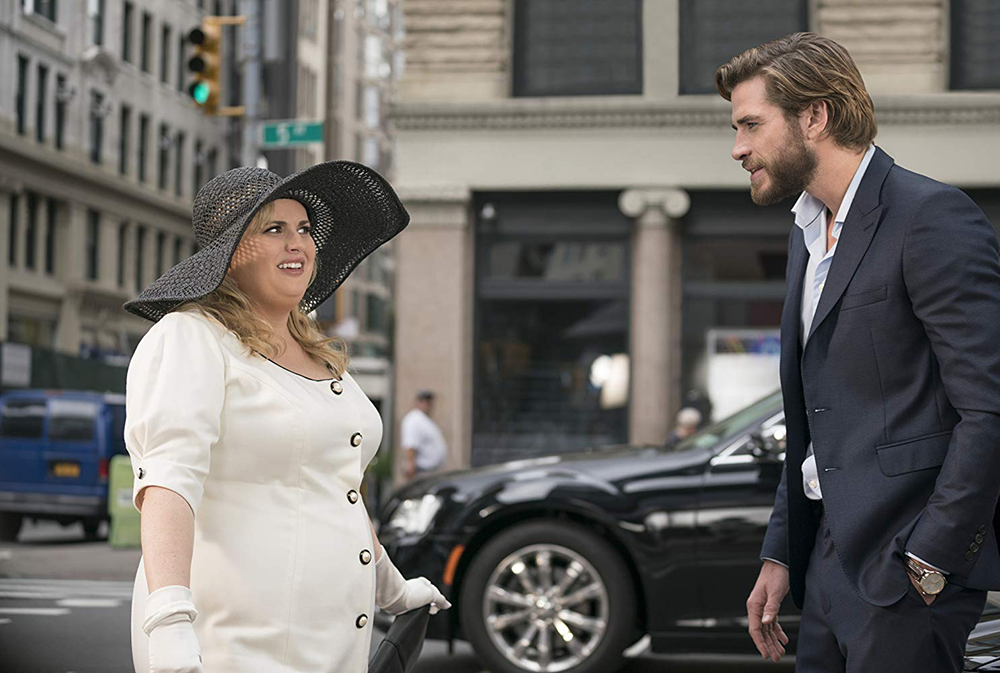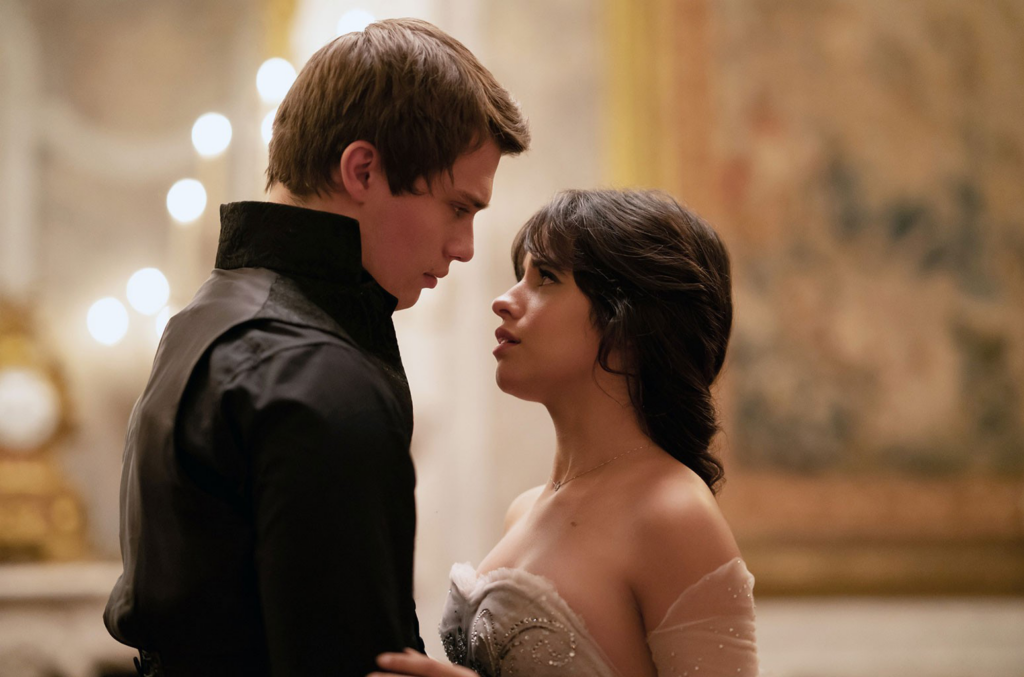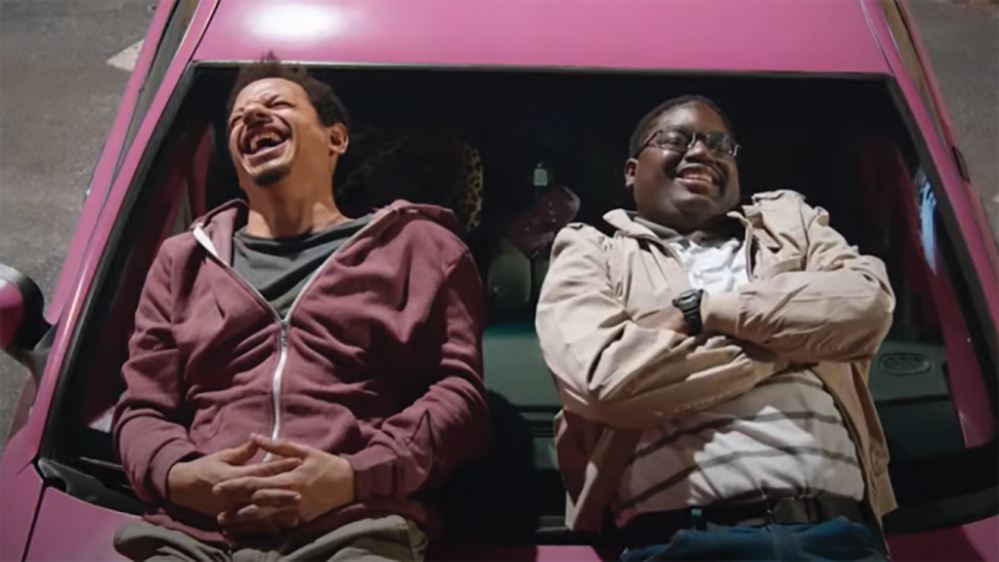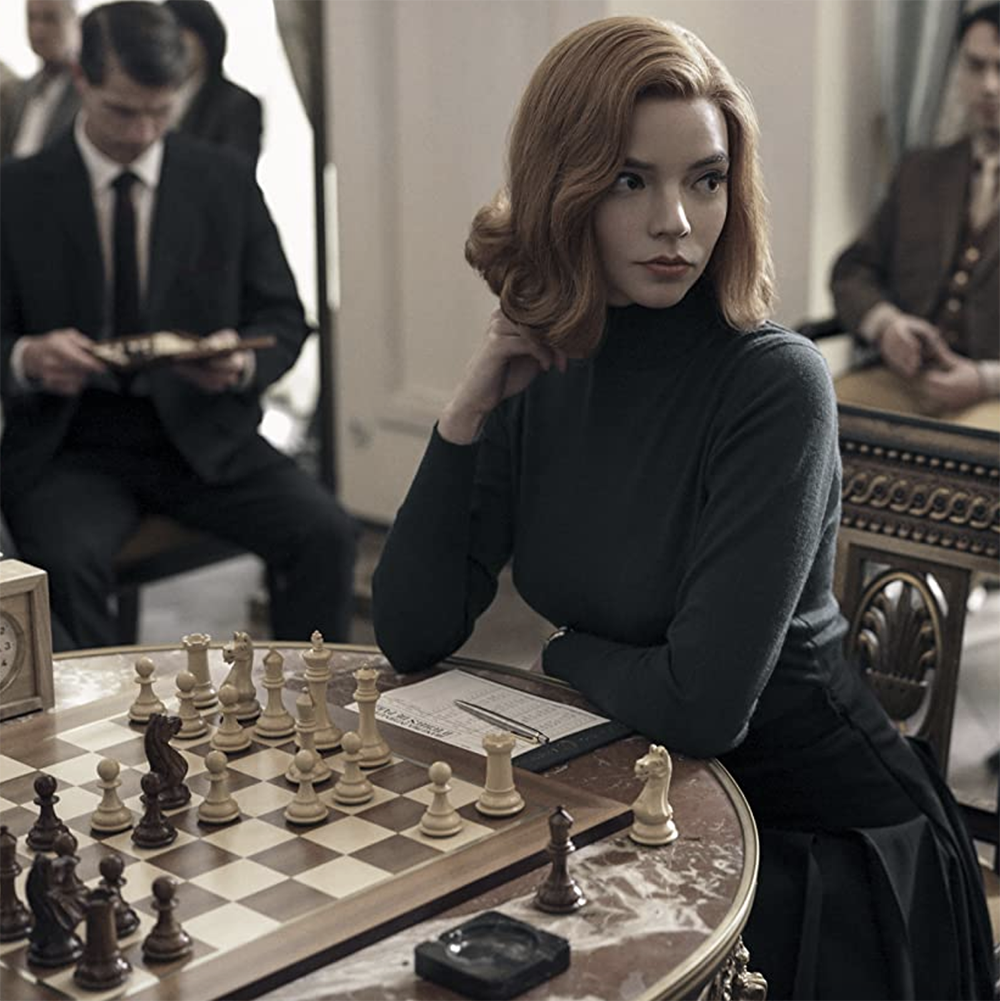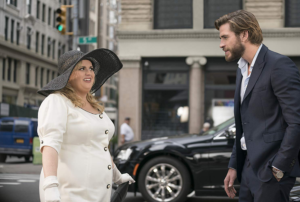
★★★½
Starring comedian Rebel Wilson, “Isn’t It Romantic” delights audience members with its lighthearted satire of romantic comedies, celebrating female empowerment while revealing how negative social norms manifest themselves in cinema. This parody follows the life of New York architect Natalie, uninspired and invisible in her career while struggling to find purpose in her personal life. After being mugged on a subway and suffering a head injury, Natalie reawakens in an alternate universe — an idealized world in which all romantic comedies take place.
Director Todd Strauss-Schulson begins the film with a cynical portrayal of the protagonist’s life, highlighting the mundane aspects of Natalie’s routine such as crammed subway rides and encounters with apathetic neighbors. This bleak representation of the world mirrors Natalie’s deeply entrenched views of herself: She dismisses her personal aspirations and fails to recognize her own unfulfilled potential. Natalie also scorns romantic comedies, claiming that they create unattainable standards for love that only lead to disappointment.
Natalie’s cynicism toward love transforms over the course of the film as she encounters the dashing millionaire Blake, played by Liam Hemsworth, who instantly becomes enamored by the leading lady. With a beautified depiction of New York as the backdrop to this budding romance, Natalie’s skepticism regarding relationships gives way to hesitant hopefulness. However, it is Natalie’s relationship with herself that proves to have the most profound change despite her pessimistic tendencies.
The intentional artistic choices in portraying the film’s fantasy world are effective in immersing the audience in this idealized universe. Although the music selection borders on cliche, the film offers visually pleasing shots of beautified New York, with streets filled with cafes and floral shops while whimsically styled costumes decorate every scene in pastel hues.
While the visual components of the film do not disappoint, the film also incorporates social critiques in response to common stereotypes in romantic comedies. Natalie challenges the traditionally toxic social dynamics among female characters by immediately seeking reconciliation with her nemesis in the alternate universe. Natalie’s friendship with Donny, her gay neighbor and close friend, also defies the customarily passive role of “gay best friends” in romantic comedies. Rather than simply presenting Donny’s role as assisting the protagonist in her romantic pursuits, the film shows an expanded portrayal of his life outside of his friendship with Natalie.
Though the film examines these romantic comedy stereotypes, the script falls short in its attempts to incorporate themes of self-worth and identity. Spirited and outspoken, Natalie as a character defies the traditional mold of a slender and demure protagonist. Furthermore, the casting of Rebel Wilson successfully attempts to foster body positivity for audiences. The script attempts to straddle the balance between incorporating Wilson’s raunchy humor and serious reflections regarding women’s self-esteem and individuality. However, the writing falls guilty of shoehorning jokes into scenes, resulting in an awkward dichotomy between contemplative scenes and humorous ones. Although Wilson attempts to widen the narrow scope of her character, emotionally-charged scenes fall flat due to the inconsistency and hollow language of the script.
Despite its flaws in critiquing the social norms found in romantic comedies, “Isn’t It Romantic” incorporates satire, romance and visually engaging cinematography in an amusing narrative. Given the superficiality of the script, Rebel Wilson’s performance is convincing and provides glimpses of unfulfilled potential, similar to the unrecognized capabilities of the film’s protagonist herself. While audience members may find themselves disappointed by the film’s lackluster nature, the protagonist’s reassertion of her agency and self-worth offers a resounding message of empowerment that redeems this flawed film.


